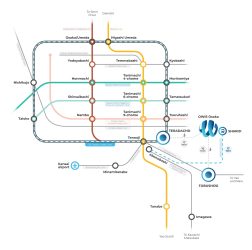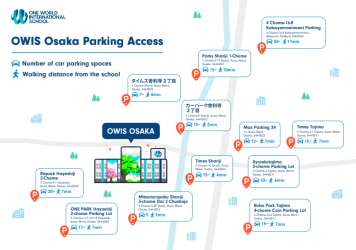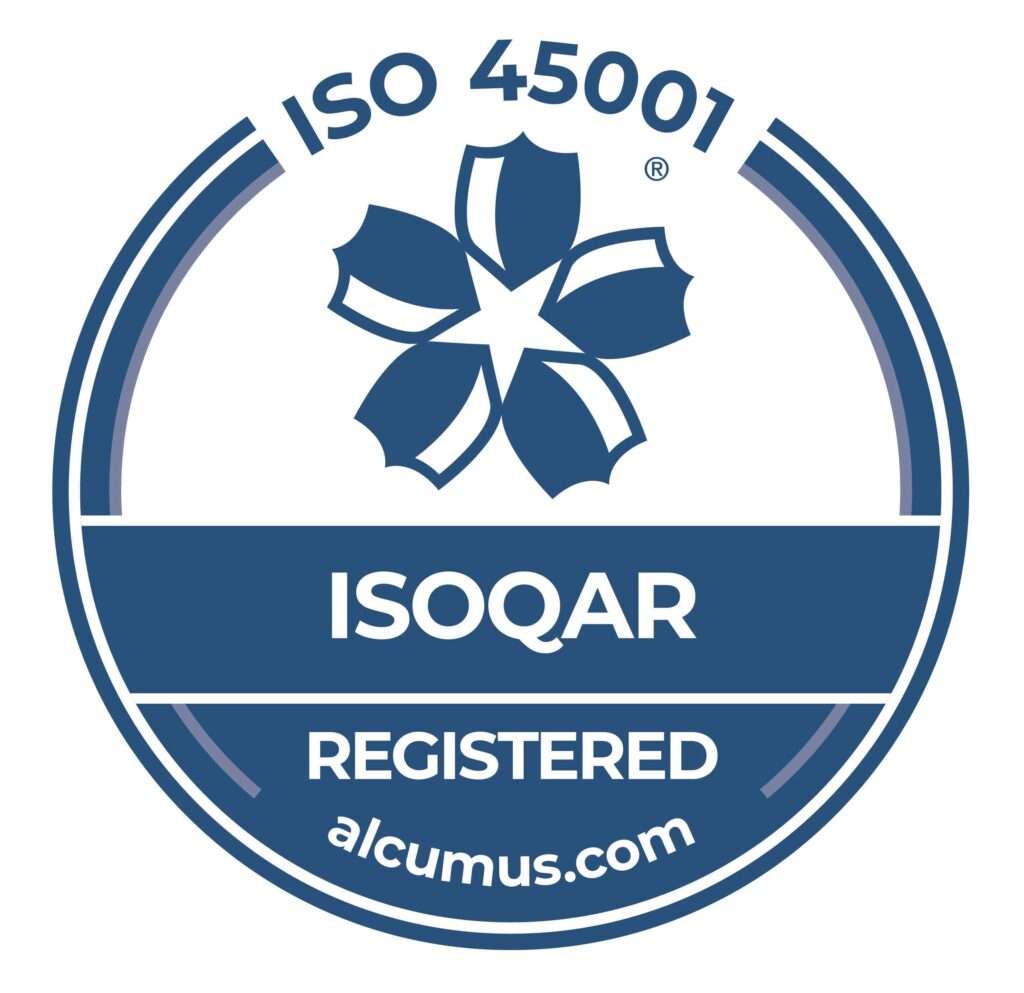As a parent searching for the right international school for your child, you may come across the terms “IB” and “IGCSE”. What do they stand for, and how do they impact the school your child ultimately attends?
In international education, the choice of curriculum affects what courses your child takes and what type of teaching methods they’ll encounter in the classroom. The IB and IGCSE have many differences, but they also share similarities. For instance, both provide top-quality education and are designed to help students think out-of-the-box. Unlike the traditional classroom teachings of the past, these two paths of study do not rely on rote memorisation of facts, such as names and dates. Instead, they pose open-ended questions that require students to polish their skills in critical thinking, creativity and application.
What Is IB?
IB, or International Baccalaureate, is more than a curriculum; it’s a way of learning. Schools that follow the IB framework use inquiry-led learning to foster student resilience, self-discipline and motivation. The IB emphasises the importance of the growth mindset and teaches young people that they are inherently responsible for their performance and success.
The IB provides guidelines for the Primary Years Programme (PYP), Middle Years Programme (MYP), Diploma Programme (DP) and Career-Related Programme (CRP). Students who attend IB schools enjoy many benefits:
- IB students are exposed to a multicultural school environment that prepares them for success on a global scale.
- Students who attend IB schools learn to take ownership of their academic progress.
- IB graduates tend to finish college more quickly.
- Graduates from IB schools are often accepted into some of the best universities worldwide.
- IB students develop superior skills in critical thinking.
If your family is searching for a top-quality international school, choosing one that follows the International Baccalaureate and teaches key concepts is a great place to begin.
What Is IGCSE?
Many international schools use the IGCSE, or International General Certificate of Secondary Education, a curriculum designed and managed by the University of Cambridge in England. It’s different from the IB in that it’s a more pre-determined curriculum that requires less creativity on the part of educators and stricter adherence to preset guidelines. The IGCSE has been designed as a two-year programme for students aged 14 to 16 years old.
While the IB changes with each new set of students to more closely align with their cultures and backgrounds, the IGCSE is static and offers clearly defined goals. The IGCSE is also more country-specific and offers a broader range of subjects that schools can choose to teach.
Much like the IB, the IGCSE offers its own set of benefits, including:
- Up to 70 different subjects from which schools can choose
- Internationally recognised curriculum
- Focus on creativity and skills development
- Offers both core and extended curricula for certain subjects
- Assessment-based curriculum
Students who take the IGCSE are usually well prepared to succeed in college. Also, because it’s an internationally recognised curriculum, switching schools mid-year or mid-career is typically easier. Students can simply pick up where they left off.
The Difference Between IB and IGCSE
The most significant difference between the IB and IGCSE is simply that one is a way of teaching, whereas the other is a formal curriculum. Educators who lead IB classrooms are responsible for creating lesson plans that reinforce predetermined IB skills. They attend more workshops and play more dynamic and fluid roles in the classroom.
Meanwhile, IGCSE educators follow a pre-designed curriculum that teaches school-chosen subjects in the required way. It is less dependent on the background and experience of the students, and the material stays the same depending upon the makeup of the student body.
Other differences between the two include:
- The IB uses internal assessments as opposed to external exams.
- The IGCSE uses repetitive drills and testing.
- IB courses are practical, holistic and student-orientated.
- IGCSE courses are theory-based and more traditional in nature.
- The IB stresses essay work, extracurriculars and time management skills.
- The IGCSE stresses the completion of pre-set objectives.
- Many students feel the IB is more difficult than the IGCSE.
Both the IB and the IGCSE are top-quality educational programmes that bring excellence in international education. But the IB may be the better choice for students who prefer to learn more holistically and dive deeper into fewer subjects. Students who prefer to follow a more traditional curriculum and have their path somewhat laid out for them in advance may prefer to choose the IGCSE.
What Are the IB Key Concepts?
The International Baccalaureate emphasises seven key concepts. They include:
- Form
- Function
- Causation
- Change
- Connection
- Perspective
- Responsibility
These concepts are designed to drive transdisciplinary learning, or learning that takes place across a range of academic subjects. For example, students who are learning about the function of weather may be able to use their knowledge to understand better the water cycle in science, destructive storms of the 20th century in history, the definitions of words such as “condensation” and “evaporation” in English, and more.
What Does the International Baccalaureate Teach Students?
Students who follow the IB model of instruction become the centre of their education. They learn IB skills such as inquiry, action and reflection. All subjects are intertwined, as learning is transdisciplinary, and students are encouraged to apply what they’ve learned to real-world situations. Learning is hands-on and exploratory, and while students aren’t graded on individual tests and quizzes, they are awarded an IB score that ranges from 1 to 7 for each subject. To earn an IB diploma, a student must have a combined score of at least 24. They cannot score a 1 in any subject, more than two 2s in one subject, or more than three 3s in any subject. Students may graduate with or without the IB diploma.
What Does the IGCSE Teach Students?
The IGCSE courses can be tailored to teach students of all abilities, and they are designed to teach skills in inquiry, problem-solving and critical thinking. Students are encouraged to learn the study matter and apply it to real-world situations. Additionally, they develop a keen cultural awareness and learn about the effects of change and how to affect it. Schools have 70 different subjects they can choose to teach. Of these, 30 are languages.
Whether the international school you choose follows the IB or the IGCSE, your child will receive a superior education. However, it’s important for students to choose the path that feels most suitable for them. Parents can learn more by visiting the IB and IGCSE websites.











